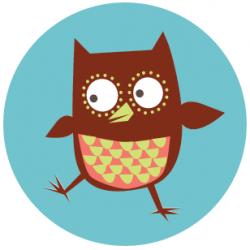Reception – How you can help at home (Oxford Owl)
In school, your child will be taught phonics using the systematic phonics programme Read Write Inc. Phonics.
There are lots of ways you can help your child with reading in Reception. Here are our top ideas.
- Play rhyming games
Say ‘into the pot goes’ while pretending to place objects that rhyme into a pot (for example, a bat, a hat, a cat, a mat). Do this with your child and then see if they can do it independently.
You can turn this into a game by throwing in words that don’t rhyme, and asking your child to catch these ones out. For example, a cat, a hat, a bird – this last word shouldn’t go in the pot!
- Play phonics word games
Play simple phonics word games based on the sounds your child is learning and has learned at school.
Start off using just the speech sounds and then immediately say the word. For example, you could say, ‘At the shop I will buy a /m/ /a/ /p/ – map, a /b/ /e/ /d/ – bed, a /d/ /u/ /ck/ – duck.’ Then, trying just saying the sounds and asking your child to work out and say the whole word.
- Say the sounds right
In all games and activities, make sure you pronounce speech sounds clearly. Try to make them as short as possible – for example, the letter m has a short /m/ sound, not a continuous /mmmmmmm/ sound. Try not to add an extra sound onto the speech sound either (for example, the sound is /m/ and not /m-uh/).
- Listen to your child read
In Reception, your child will probably start bringing home books to read. Try to find time to hear them read every day. It could be snuggled up on the sofa, at bedtime, or before school. Be sure to be patient and don’t forget to be impressed!
If your child gets stuck on a word, remind them to say the letter sounds individually and then blend them together quickly to hear the word. If your child still can’t work out the word, then tell them what it is and move on.
- Read to your child
Learning to read can be hard work for many children, so it’s important to keep enjoying books together. Your child will also benefit from listening to books and stories that they can’t read themselves yet. This might include non-fiction books about things they are interested in or longer stories with more adventurous vocabulary.







